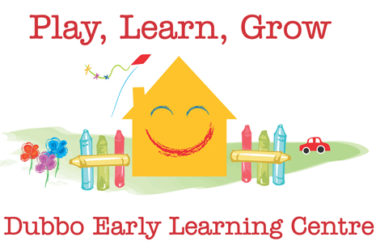When you learn to check out your assumptions, you’ll also be amazed at how differently you see other people and how much more competent and compassionate you become in your everyday dealings – a very important skills for all leaders.
An assumption is something taken for granted. It’s like a belief where something is taken as true, even though it’s not known for certain that it’s true. While beliefs are usually broad and far reaching, assumptions can be specific to a particular situation. We’re often not aware of the assumptions we’re operating under in a given situation.
Take an example involving two educators: Liz invites Alison out for a fun Friday night drink with her other friends. Alison politely refuses. Liz might accept Alison’s refusal at face value, or she might assume any number of things, for example that Alison doesn’t like her other friends, that Alison’s busy, or that Alison doesn’t like her. Whatever Liz’s assumption is, it will more than likely affect what she does next.
If Liz assumes Alison doesn’t like her friends, Liz might suggest anther time where they won’t be present.If Liz assumes Alison is busy she might leave her alone for now and ask her out again another time.If Liz assumes Alison doesn’t like her, she might feel hurt and never talk to her again.
What happens when your assumption is wrong? Sometimes it’s harmless enough, but too often acting on an inaccurate assumption sets off a chain of events that causes problems, misunderstandings, wasted time and bad feelings. The ramifications, usually negative ones, can last far into the future. Acting on assumptions leaves people ‘in the dark’ instead of ‘in the know.’ And being ‘in the dark’ is not where you ever want to be.
Your challenge is to learn to notice when your action or reaction is the result of an assumption you’ve made – and then be willing to find out if your assumption is correct. Learn to tell the difference between what you assume to be true and what you know to be true. You’ll be amazed at how often your assumptions areincorrect.
In this section we’ll consider a real situation to help you become aware of your assumptions. Think of a situation where you made a significant decision. A recent decision works best so that you can recall the situation clearly.
Consider your responses to the following:
- Briefly describe a decision you made and the circumstances surrounding it.
- As you reflect on these, identify the assumptions you held and how they affected your thinking, feelings and behavior.
- Identify the main subject of this decision or situation.
- Identify all the assumptions you have about this subject.
- Who else was involved in the decision? If no-one else was involved, think of another person(s) you know who is interested in this subject. List their name(s).
- What do you think this person’s assumptions are about the same subject? List them.
- Have a conversation with this person to discuss your assumptions with one another.
- Re-read your original description of the decision. Did the discussions with others change your perceptions of the situation? How?
- What did you learn about yourself?
- How will this new information affect how you think, feel and act in the future?

